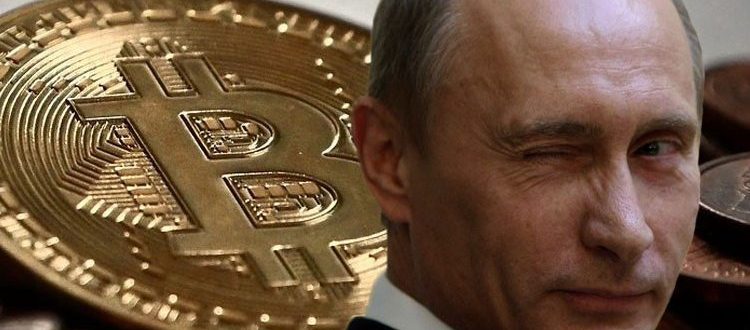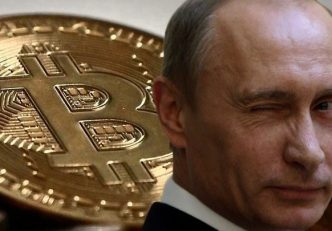Russia’s Financial Monitor Service (FMS) is seeking the intervention of a global financial watchdog to regulate cryptocurrencies, local media sources have reported.
Russia Wants Global Crypto Regulations
The Russian financial regulatory agency contacted the Financial Action Task Force (FATF) to request an intergovernmental initiative that could control the supply and flow of cryptocurrencies. Pavel Livadny, the Deputy Director of FMS, confirmed that they are endeavoring to secure the participation of all the FATF member countries to design a unified legal parameter for the thriving industry, citing money laundering as the primary concern.
Decentralized assets like bitcoin can be purchased, sold or exchanged semi-anonymously without a central authority’s approval. A global crackdown against malicious underground revealed its use in some widespread crimes, including drugs trafficking, money laundering and — in limited cases — terrorism financing. The cases alerted agencies across the world, leading them to develop tentative legal provisions to regulate the crypto industry.
FATF, a global financial regulatory body, in June announced that it would build global-binding policies for cryptocurrency exchanges. Russia is among those 36 FATF members that are building regulatory frameworks for their local crypto industries, with some in the crypto community criticizing their efforts as nothing but knee-jerk reactions to the sudden bitcoin boom.
IGO-level Monitoring and Licensing
A boundary-free technology such as bitcoin cannot be tamed unless the governments willing to oversee the regulations do not come together, the FMS believes. Adding to what FATF regulation is already building, the Russian agency offered its opinion on how cryptos can be legalized, regulated and defined in the future. Translated excerpts from Livadny’s statement to the local media read:
“All FATF members must change the legislation to include new crypto ecosystems. They should introduce registration and license parameters for the companies developing in the space, which include exchanges, initial coin offering projects, and cryptographic administrators. FATF should also monitor the companies’ activities and standards for anti-money laundering.”
“If FATF regulations allow, a cryptocurrency can be digitally handled and transferred in the case of payments and investments.” the deputy added. “But, at the same time, it should not be made into securities, mainstream and virtual money, coins or other financial assets.”
$9,000 Cap on Crypto Flow
Livadny also revealed that FMS would likely impose a restriction of over $9,000 on crypto transactions. That would include every transaction made outside and inside the Russian Federation. The provision, however, stands unconfirmed unless it makes into the final regulatory draft on cryptocurrency assets.
If it comes into effect anyway, authorities would likely find it difficult to enforce, considering the pseudonymous nature of crypto-transactions, though it would be possible with the help of blockchain tracing firms, many of whom have inked government contracts elsewhere. The emergence of privacy-conscious coins like monero has already made it more difficult for agencies to identify participants in a crypto transaction.
Source: ccn.com









